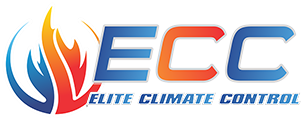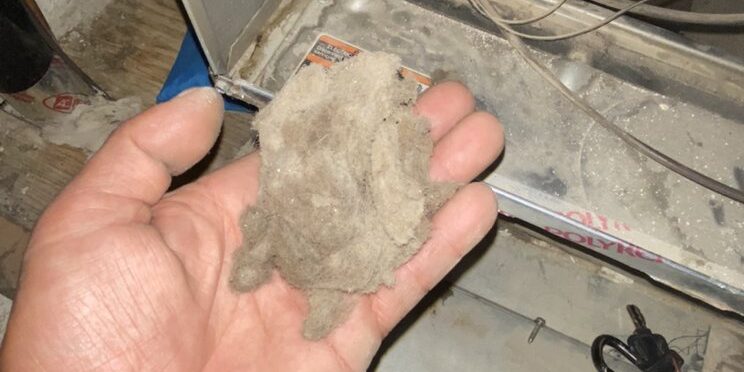There is nothing more comforting than entering a cool and refreshing indoor environment when the summer heat approaches. There are instances, however, when your air conditioner fails to provide the desired relief. A filthy coil is an often-overlooked cause of an underperforming AC system. This article will explain what a filthy coil is, how it affects your air conditioner, and what you can do to prevent and fix this common problem.
Recognizing the Dirty Coil
The coil of your air conditioner is essential to the chilling process. The evaporator coil, which is located inside your home, absorbs heat from the interior air, whereas the condenser coil, which is located outside, expels that heat into the outdoor air. These coils can accumulate dirt, dust, pollen, and other debris over time, forming a layer that functions as insulation and impedes heat exchange.
Effects of a Dirty Coil on Your Air Conditioner
- Reduced Cooling Efficiency: As the soil layer thickens, the heat transfer efficiency of the coils decreases. This means that your air conditioner will struggle to effectively cool the domestic air, resulting in inadequate cooling and discomfort.
- A dirty coil forces your air conditioner to work harder and operate for longer in order to reach the desired temperature. This excessive strain causes an increase in your energy consumption and utility expenditures.
- System Overload: The additional stress placed on your air conditioning system can hasten the deterioration of its components, potentially resulting in more frequent failures and a shorter overall lifespan for the unit.
- Inadequate Indoor Air Quality: The accumulation of dirt on the coils can also promote the growth of mold and bacteria, which can have a negative impact on the indoor air quality of your residence.
Prevention and Treatment
- Plan yearly professional maintenance for your air conditioning system. Technicians will clean and inspect the coils to ensure that they are in top shape.
- Replace Filters: Replace air filters frequently to prevent dirt from accessing the coils. Clean filters improve airflow, thereby reducing the quantity of debris that accumulates on the coils.
- Clear Surroundings: Ensure that the area surrounding your outdoor unit is devoid of leaves, vegetation, and other debris that could clog the condenser coil.
- DIY Cleaning: Although coil cleaning is best left to professionals, you can clean the exterior fins of the condenser coil with a gentle brush or vacuum. However, utmost care must be taken to avoid damaging the fins.
The conclusion
Your air conditioner works tirelessly to keep your home comfortable, but if its coils are filthy, it cannot do so effectively. By understanding how a dirty coil affects the performance of your air conditioner and taking preventative measures, you can ensure that the system operates efficiently and provides the necessary conditioning during the hottest months. Regular maintenance and sanitation can go a long way toward prolonging the life of your air conditioning unit and lowering your energy costs.




